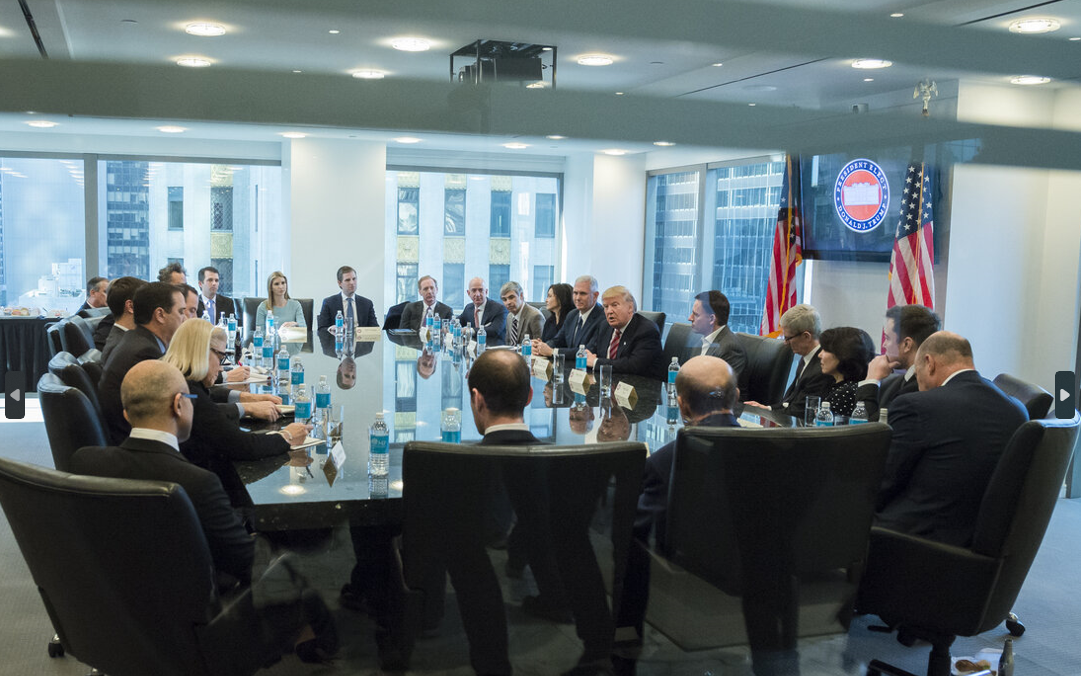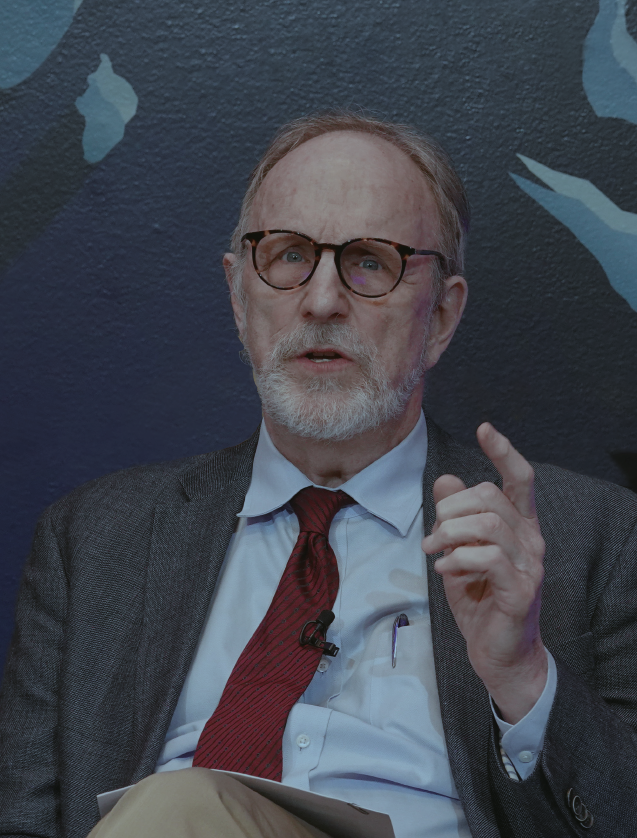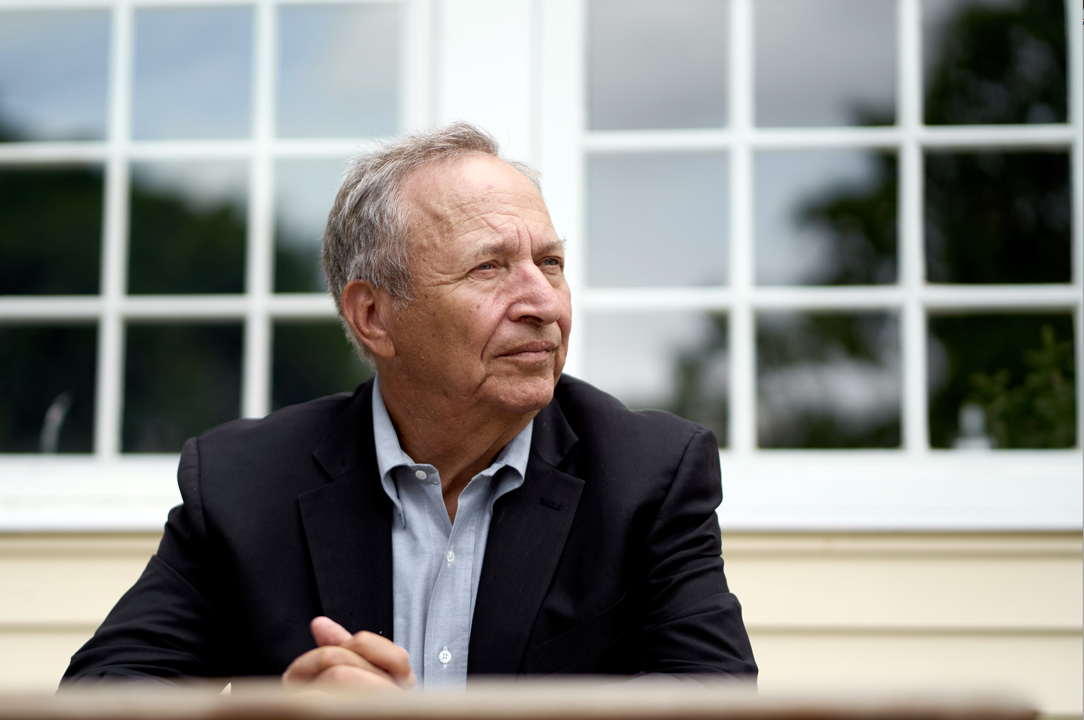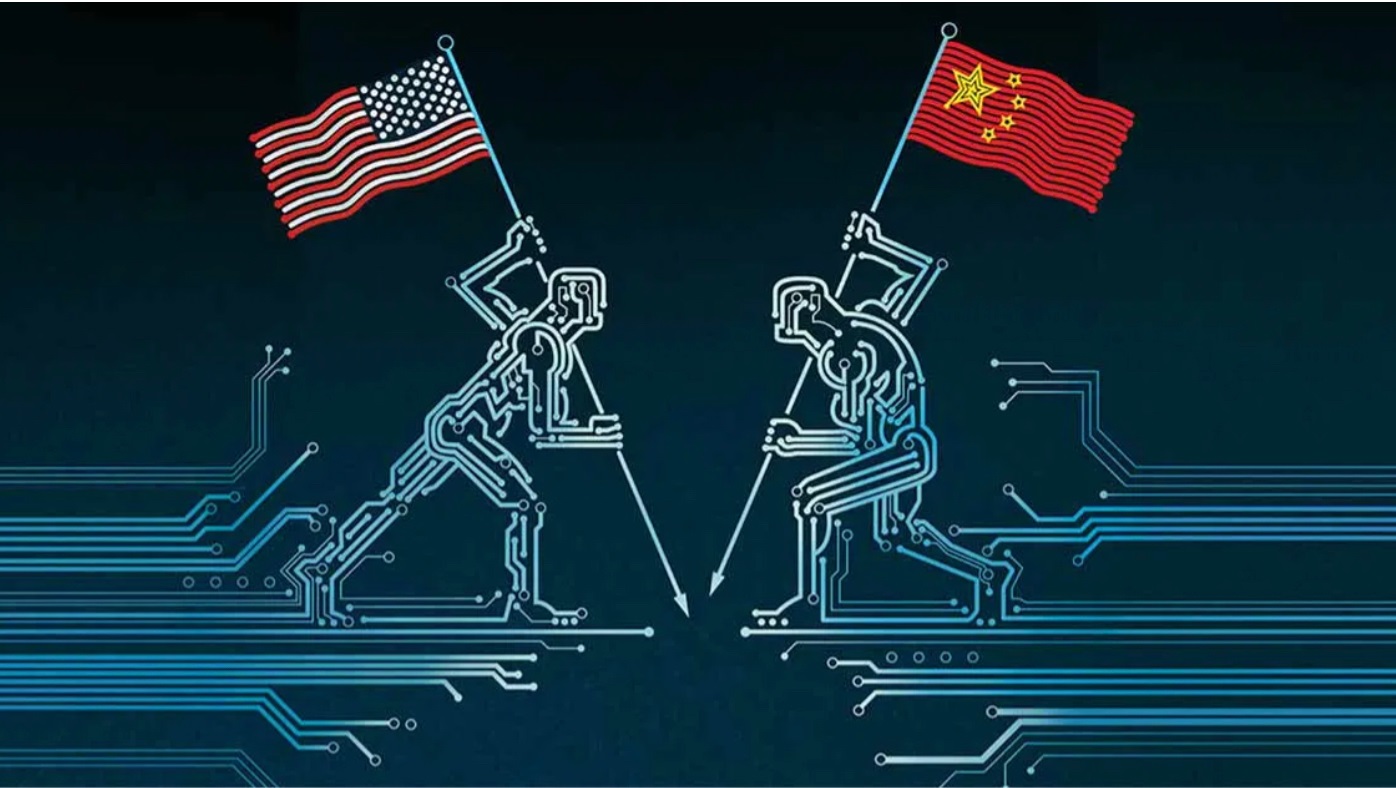
Jianyin Roachell, Transatlantic Digital Debate Fellow and Research Associate at Max Planck Institute of Geoanthropology
Feb 21, 2025
The rapidly growing AI industry was rocked last month with the launch of DeepSeek, an open-source, Chinese-developed competitor to OpenAI’s products. The introduction of a valid competitor to American dominance in AI will lead to many questions in 2025 on how the U.S. will respond.

Li Zheng, Assistant Research Processor, China Institutes of Contemporary International Relations
Jan 13, 2025
The incoming administration in the United States is expected to intensify export controls on China and strengthen measures to block overseas markets for Chinese technology products. However, Donald Trump’s new team, steered by his pragmatic approach, may ease the pressure in some sectors.

Zhao Minghao, Professor, Institute of International Studies at Fudan University, and China Forum Expert
Jan 13, 2025
To a large degree, the new agglomeration is the result of Washington’s “great power competition” strategy. While it looks a bit like the military-industrial complex of the Cold War era, it is truly a different entity, but it’s one whose long-term impact on China-U.S. ties must be understood.
Sun Chenghao, Fellow, Center for International Security and Strategy of Tsinghua University; Munich Young Leader 2025
Jan 03, 2025
Trump 2.0 is expected to be more mature than it was in Round 1. He will likely place greater emphasis on leadership and earning respect from other countries. If both sides commit to communication, managing differences and deepening cooperation, relations can find a new balance in a complex international environment.

Jan 10, 2025
China-US Focus editor KJ Kerr sat down with Dr. Michael D. Swaine, a prominent American scholar of Chinese security studies, to explore his thoughts on the state of U.S.-China relations. Swaine, currently with the Quincy Institute for Responsible Statecraft, points to a need for greater frankness and openness between the rival powers and suggests that they can do things — both individually and together — to reduce tensions and forestall conflict.

Jan 10, 2025
"Reagan asked Gorbachev: If Martians attacked the United States, would you come to our defense? And Gorbachev said yes, and then asked Reagan: If Martians attacked the USSR, would you come to our defense? And President Reagan said yes."

Dec 20, 2024
Rick Waters is the managing director of Eurasia Group’s China practice. He previously served as the U.S. State Department’s inaugural director of the Office of China Coordination (China House) and as Deputy Assistant Secretary of State for China, Taiwan, and Mongolia in the Biden administration. In a recent interview with James Chau of China-US Focus in Tokyo, Rick Waters addresses potential risks and possible cooperation between the U.S. and China.

Dec 20, 2024
Daniel Russel is vice-president for international security and diplomacy at the Asia Society Policy Institute. He previously served as special assistant to U.S. President Barack Obama and Assistant Secretary of State for East Asian and Pacific affairs at the U.S. State Department from 2013 to 2017. He was a major figure in the Obama administration's "pivot towards Asia" strategy. In a recent interview with James Chau of China-US Focus in Tokyo, Daniel Russel shares his concerns on U.S.-China rivalry in new technologies and its impact on bilateral relations and the globe as well.

Ted Galen Carpenter, Senior Fellow, Randolph Bourne Institute
Nov 08, 2024
It’s likely that Washington’s sterile China policy will persist regardless of which candidate wins the U.S. presidential elections, a situation that could be detrimental for the entire global community.

Ghulam Ali, Deputy Director, Hong Kong Research Center for Asian Studies
May 08, 2024
The US-China rivalry is the most dominant aspect of 21st-century geopolitics, significantly impacting the world. It has expanded across various fields and geographies. The Gulf region, which was mainly absorbing the geopolitical heat of this rivalry, has also witnessed it in the technological sphere, especially artificial intelligence (AI). Two larger projects, G42 in the UAE and the King Abdullah University of Science and Technology (KAUST) in Saudi Arabia, are particularly notable.